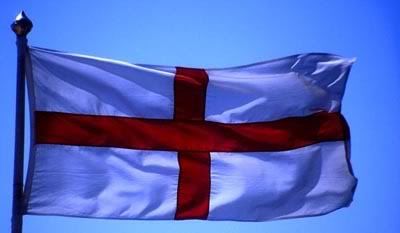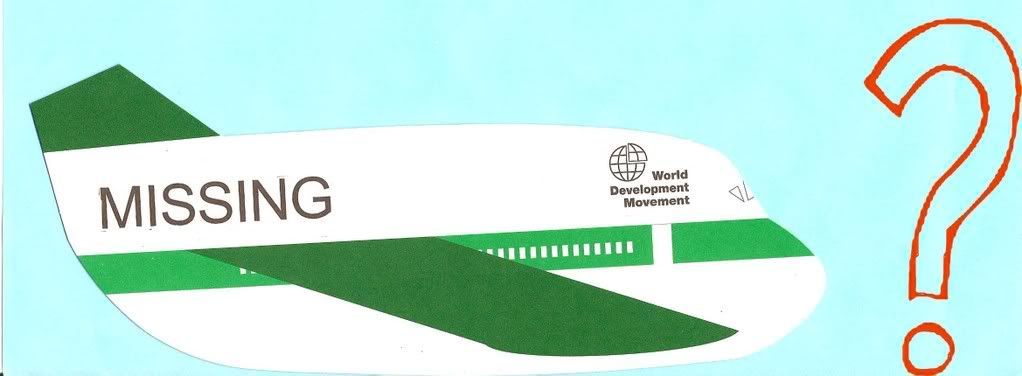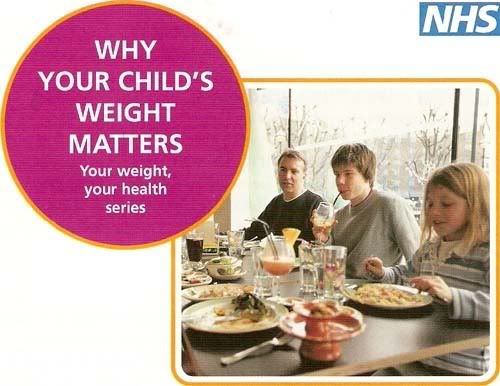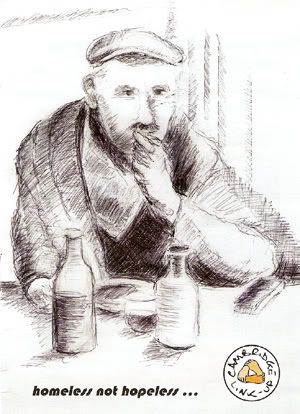
It may be strange for a Scot to write a post on St George's day, but I only ask that you read this through to the end.
I've told Minima that I hope she participates in the St George's day celebrations, such as they are, at her school, being somebody born in England. Would that everybody in this country celebrated the land they live in. I'm not saying that folk should try to forget their cultural inheritance as Muslims, Slavs, Scots or whatever, merely that if they find English culture difficult to swallow then perhaps they could look for a domicile that is more suited to the taste of their ideological palate.
There is a rich interchange between our borders. According to the Levernhulme Trust, the 2001 census found that 800,000 Scots made up England's largest single ethnic minority at 2% of her population (although my claculator puts it at just over 1.3%). Corby, a former steel-town in Northants, was famous for being full of people speaking with a Scottish accent, many of whom had never left England.
So what went wrong?
One policy over the rest represents the problem many English people have with Scotland:
abolition of prescription charges. The explanatory notes for the bill state that the immediate effect of this would be a saving of £1.5m in administration fees at a cost of £45m to fund prescriptions, with savings forseen to rise as people comply with medication régimes more fully, and therefore need less episodes of hospitalisation.
I hope it works. I say this, because Scottish people in need of medication are being used in this cynical ploy on the part of the Scottish National Party - the major party of opposition in the Scottish Executive until the 2007 general election, which saw it become the party of government - just as much as English taxpayers. Its purpose is to increase resentment against Scotland in its southern neighbour, and increase calls for a devolved English parliament, which would bring Scotland closer to secession from the UK. There is a plethora of campaigns to introduce free prescriptions in England, but, due to the number of unregularised inhabitants being literally an unknown quantity, it's not beyond the realms of possibility that such a scheme would be fiscally impossible. Meanwhile, English people who have paid tax here all their lives and cannot now get the help they need are left to look to the north in despair.
Meanwhile the Barnett formula, introduced in the late 1970's as a "temporary measure
prior to Scottish devolution", continues to be applied, redistributing government income from England to Scotland to subsidise a situation which sees, as Alex Salmond, First Minister, admits, 17% of the population on benefits. I can see the Wallace and the Bruce hanging their heads in shame at the thought such a large part of their country's populace dependent on benefits, paid in no small part by the country they fought to keep their land independent of.
As a member of the Campaign for an English Parliament, I see no problem with English devolution or even secession. There have been strong ties between England and Scotland since long before the Union of the Crowns in 1603, let alone that of the Parliaments in 1707. It's not appreciated widely enough that the latter year marked the abolition of the English Parliament as well as that of the Scottish one. Now Scotland, Wales, Northern Ireland and the United Kingdom have Parliaments, but England has none.
The problem, indeed the elephant in the room, is the European Union. The monies presently going to Scotland, and to Wales and Northern Ireland, through the Barnett Formula would simply be replaced by EU development grants in a massive exercise of disempowerment of the Scottish people - and further alienation of the English - that would be worthy of St Claire-Rayner, patron of professional victims.
I believe that the European Coal and Steel Community was a truly visionary concept, locking France and (West) Germany into a contract which damped down the nightmare of the Franco-Teutonic tinderbox igniting a fourth inferno; but the mission-drift of its successor organisations has avalanched out of control. Like the trusting denizens of Troy heaving the Greeks' gift into their midst, successive governments have voted swathes of European laws into our legal systems until the internal haemorrhage of our identity threatens to leave us more culturally anaemic than any other European nation.

Look at the flag above. Depicted on it is a cross, the sign of a Christian country. If anybody wanted to label some of England's acts as unChristian, I hope they would soon find themselves in a very interesting discussion about whether the governments and citizens of other countries act in accordance with those countries' majority religions.
This proud nation has never been successfully invaded (officially, at least) since 1066. I hope that England comes to stand free of the Brussels Trojan horse, and relates to its neighbours and European (and global) cousins through the good old fashioned methods of trade links coupled with a modern appreciation of the horrors of war.
Because once the European constitution creeps out of the belly of the treaty, and the EU flag flies higher than any other in Whitehall, this will be an occupied country. And the question then will be: Whence the resistance?
Related posts:
top ten songs about England
this blessed plot, this earth, this realm, this England
Happy St George's Day!
 There was a demo in Cambridge this morning at 11am, which meant I was able to listen to all of
There was a demo in Cambridge this morning at 11am, which meant I was able to listen to all of 

 en heated. It was around this time that a picture of polar-bears playing on a melting iceberg in summer (left) was presented as something more sinister.
en heated. It was around this time that a picture of polar-bears playing on a melting iceberg in summer (left) was presented as something more sinister.


















